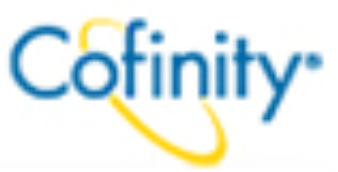We Work With Major Insurance Plans









Request a Consultation
* All indicated fields must be completed.
Please include non-medical questions and correspondence only.
We will review your request and get back to you within two business days. Should you need to reach us sooner please also call us at 734 944 8300.
IN CASE OF A MENTAL HEALTH OR OTHER EMERGENCY, PLEASE DO NOT USE THIS FORM, INSTEAD CALL 911 IMMEDIATELY.
Founded in 2004 by Dr. Ravi Kirbat, MD, – The Center for Family Psychiatry (CFFP) is an esteemed full-service mental health outpatient clinic deeply rooted in the Saline/Ann Arbor tricounty area.
Our Services
Head Office
- (734) 944 8300
- (734) 944 8303
- 1235 Industrial Dr #4, Saline, MI 48176
- Monday-Friday: 8:30am – 5:00pm
Our patients and visitors find our location conveniently accessible with easy ingress, egress and ample parking.
©2024 All rights reserved: The Center for Family Psychiatry (CFFP)
Powered by: MarketWise Agency
